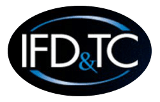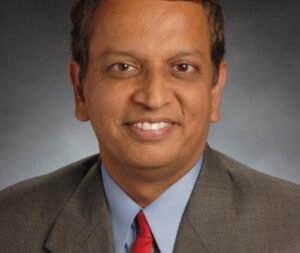More Than Fifty Years of IFD&TC
International Field Directors and Technologies Conference
Leading the Way of Survey Research
The International Field Directors and Technologies Conference (IFDTC) is held annually for personnel from academic, government agencies and non-profit research centers to share practical information on survey data collection (field operations, training and interviewing techniques) and data dissemination as well as the technologies that run behind the scenes. The sessions cover research in progress or recently completed. The overall tone of the conference is one of intimacy, family-like, where people with similar interests obtain information on survey research, network, share experiences and ideas.
Some of the most outstanding characteristics of the conference are the emphasis on openness and candor, and on making sure each participant is welcomed and that their questions are answered / addressed. These aspects have made IFDTC a successful venue for veterans of survey research, and first timers as well. It is a great environment for sharing thoughts and to exchange ideas with colleagues in the business. The makeup of attendees regularly reflects the welcoming environment and open sharing.
The conference typically draws around forty percent first-time attendees and about seventy organizations. The conference traditionally follows the American Association for Public Opinion Research Conference (AAPOR) which allows those who attend both conferences to get more for their time and travel expenses, and facilitates the availability of experts in the field for IFD&TC keynote speakers, panelists, presenters and session trainers.
History of IFD&TC:
In 1968, John Scott of the University of Michigan authored, “A Suggestion for a Conference on Field Problems in Survey Research”. The result was a meeting named “Field Directors” which was held a year later at the University of Michigan. This started an annual tradition of survey research personnel discussing and sharing ideas on survey data collection. Attendance ranged from twenty five to one hundred in the first twenty years. The conference spanned one and a half days. Attendance was capped at two from each organization. As the conference continued to grow to over one hundred organizations were allowed to send four employees.
From it’s inception to the mid-1980s, most of the conference’s discussions focused on interviewer and field administration concerns. As computer-assisted telephone interviewing (CATI) began to take increasing time in the conference program it was met with resistance from those preferring traditional topics. When the planners of the 1988 conference ruled that CATI would not to be allowed as a conference topic, those members focused on computer-related issues, led by Bill Nicholls of the US Bureau of the Census, formed an additional conference called “Field Technologies” to address the technical side of data collection, such as computer hardware, software, security, and communications.
The first meeting of Field Technologies was in St. Petersburg in 1989. From 1989 through 1992, Field Directors and Field Technologies had separate programs, organizers, and registration. Field Technologies followed Field Directors, with one overlap day on which joint sessions were held. The Field Technologies program allowed eight persons from each organization (with at least half had to be participating on the conference program).
After a couple of years, virtually the same people were attending both conferences. In 1993, the two conferences merged and became the “International Field Directors and Technologies Conference.” A new charter was formed, allowing for sixteen per organization. The conference continued to grow, peaking at 255 in 1999. Conference organizers have since limited attendance to around 250, in part, to retain the intimacy of the conference.
The International Field Directors and Technologies Conference, although small in comparison to other conferences, continues to draw the top people in the survey industry and the guest speakers have been leaders in survey research and technology. So if you are looking to expand and share your knowledge of survey research, check out IFD&TC at www.ifdtc.org.


